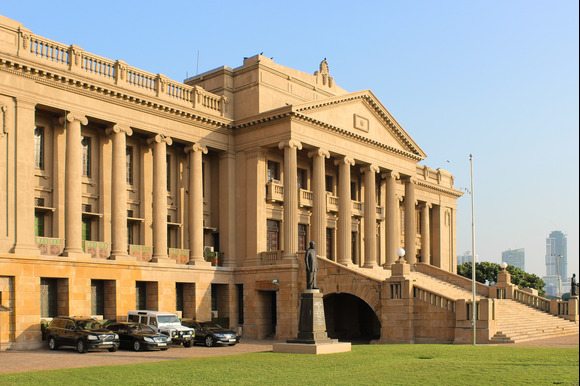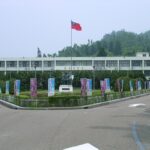The International Monetary Fund (IMF) has consented to disburse the fourth installment of $334 million from its $2.9 billion bailout package to Sri Lanka, aimed at bolstering the nation’s recovery following its bankruptcy in 2022. The approval for this tranche was granted on Friday, subsequent to the completion of the third review by the IMF’s Executive Board under the 48-month Extended Fund Facility (EFF) Arrangement for Sri Lanka.
The global financial institution indicated that the release of approximately $334 million will elevate the total assistance provided to around $1.3 billion. The IMF noted that Sri Lanka has demonstrated commendable performance under the program. “All quantitative targets set for the end of December 2024 have been achieved, with the exception of the indicative target concerning social spending. Most structural benchmarks due by the end of January 2025 have either been met or implemented with delays. The recent successful bond exchange represents a significant milestone in the effort to restore debt sustainability,” the IMF stated in its announcement.
Reform initiatives are yielding positive results as the recovery process accelerates. Given the ongoing vulnerabilities within the economy, it is essential to maintain the reform agenda to ensure a trajectory towards sustainable recovery and debt stability, according to the statement. In 2023, Sri Lanka entered into its seventeenth IMF program following its first-ever sovereign default, which occurred during an unprecedented economic crisis triggered by foreign exchange shortages. This situation led to widespread protests due to severe shortages of essential goods, food, and fuel. From March 2022 to March 2023, an Indian credit line of nearly $4 billion provided crucial support to the island, alleviating fuel shortages and the scarcity of essential items.
As the nation faced a significant crisis, demands arose for the removal of the then-president, Gotabaya Rajapaksa. His successor, Anura Kumara Dissanayake, witnessed the unpopularity of Ranil Wickremesinghe, who had enacted the IMF reforms, leading to his defeat in the presidential election held in September.






